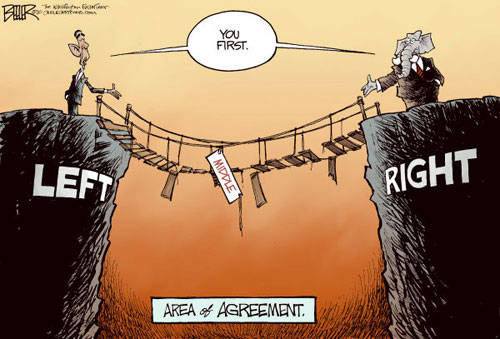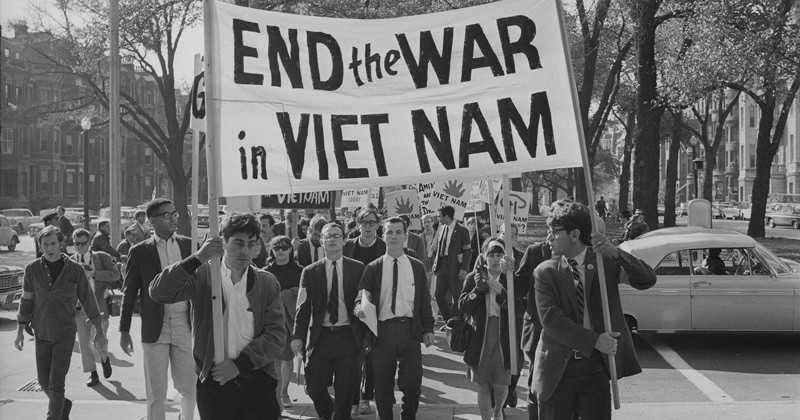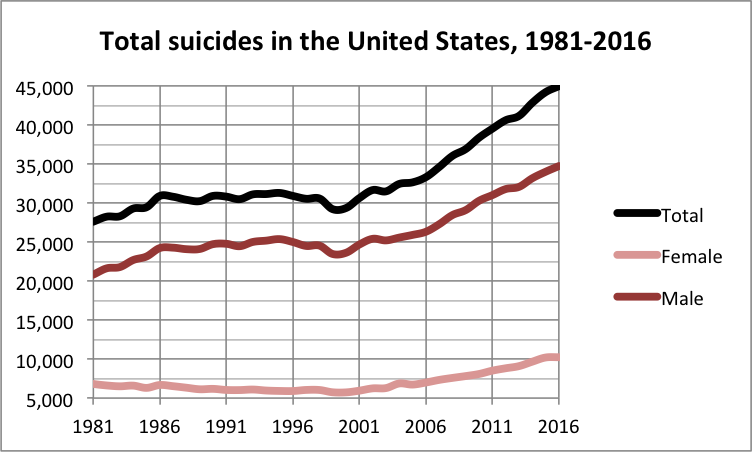SLIDES PRESENTATION
Technology has always been a battle between generations. Kids are wanting cell phones and tablets younger and younger, and parents are struggling to keep up with some of the potential dangers accompanied by technology. I believe that people my age were some of the first to get phones extremely young. My parents did not allow me to have a cell phone until I was 15 years old and even then it started with a flip phone, slide phone and blackberry before I got an ipod with texting ability. I was considered old when I got my phone because many of my classmates came to school with their brand new Iphone 4 in 5th grade.
My relationship with technology since the point of me getting my first phone has been a love hate relationship. Technology loves my attention but I hate giving it to it. Technology is the medium for lies. The News is mostly inaccurate, filled with agenda setting gatekeepers. For example, News Nation claims that they are the first and only unbiased and unaffiliated news coverage in the modern news web. If this is true it is very disturbing that you cannot hear the events of the world around you without getting an opinion forced down your throat.
Technology has its benefits but I do not see a need for a lot of it. FaceBook and Twitter were launched in 2006 since then suicide rates have inclined steepness. This was only exacerbated by the launch of Instagram and Snapchat in 2010 and 2011, and the next big thing is TikTok released in 2016. Suicide rates from 1981 to 2006 were between 28,000 and 31,000. Since 2006 Suicide in america has increased steadily (approximately 400 more every year) and is now up to 46,000. Kids with phones is an equation for cyberbullying and over 57% of highschoolers report they have been cyberbullied.
Social media are not the only problems in today's world due to technology. Pornography doubles the chance of being divorced, excessive use of cell phones worsten anxiety and depression, and phone addictions affect the Left Anterior Insula of the brain which is the same part of the brain effected with substance abuse and can lead to withdrawl symptoms. Even if you do not feel you are addicted, Media Law and Literacy has taught us that even the presence of a phone being visible takes attention away and releases chemicals in the brain. Being dependent on something takes your agency away. We all have the ability to choose except when an inanimate object makes those decisions for us just like any other addiction.

Ironically a well known movie brings up a good point. Hitch-Hikers Guide to Galaxy comically says that the answer to the universe is “42”. But fans have theorized that the super computer said the answer was “for tea, two”. Aliens do not know what tea is, which is why it is out of order sentence wise meaning it should be “tea for two.” This is a reference to the main character who is British in space and is searching for a cup of tea anywhere and will share it with anyone. The point is, the definition of humanity is understanding the meaning of “tea for two”, that is the answer to the universe because aliens and computers and technology cannot understand the value of human interaction like sharing a cup of tea with someone. Social interaction is something that cannot be replicated by machines which is why technology will never be equivalent to humans in any social setting. Snapchat and Instagram are not social medias, they are fake and distorted views of the real world created my machine algorithms and the discriminatory choice of what is the best photo of me to post?
Social anxiety is created from overuse of technology in general because technology cannot help us practice social interaction truthfully. People have trouble communicating and socializing with other humans because technology has rendered a world controlled by them with predictive and non intrusive settings. Human interaction is filled with uncertainty, and the main substance of small talk is questions. If someone is not comfortable adapting to the unpredictability of others and answering questions presented to them, it makes not only social interaction difficult but also professional settings like job interviews, workplace communication, and presenting work.
Some people believe they have a grasp on the internet and that they control their screen time, content, and reaction to a digital world they know is not real. They believe they will not suffer the consequences previously discussed and they may be right. The scary part is that no matter what you do the internet can still affect your life negatively. If you search my name on google you will see photos of me and sports statistics that say I am a 5ft 9in freshman in High School. What is so bad about that? Well, in reality I did not post those photos of me someone else did, and I am actually 6ft 3in and a freshman in College. One more step further in your search for me you can find my address, phone number and (clean) criminal record for the cheap price of $4.99 at several different public records databases. All of this information whether it is accurate or not, positive or negative, defamation or uplifting, was not given by me. I did not post those things or offer it to public places. The point in all of this is that no matter how private you think your internet presence is, you cannot control others.
The reason I say technology is a love hate relationship is because those types of relationships never work out. It is my opinion that one will win in the end. Either the internet will become good or evil through definitions. What is acceptable and what is not? Where is the Overton Window? Eventually good will be called evil and evil will be called good. It is already happening now. Plenty of sports athletes have committed heinous crimes and are revered for their physical abilities. At the same time it is acceptable to destroy someone's reputation because you don’t agree with what they view to be right. Technology may be helpful or even fun but it is not worth the horrible by products.


















